
Alcoholics that want to quit their unhealthy habit are facedwith sometimes very hard problem – alcohol withdrawal. First symptoms usuallyappear several hours after the last drink, and they are at their worst about aday later.
How to Recognize Alcohol Withdrawal
Alcohol is known to depress the activity of the brain, andwhen there is no alcohol in the system of an alcoholic, suddenly they are facedwith over-stimulation of the central nervous system. This over-excitement is theroot of their withdrawal symptoms, which may include: agitation, irritability,anxiety and sleeping problems. Some patients could also experience: fever,blood pressure changes, rapid heartbeat, mental problems, aggressive behavior, seizuresor delirium tremens. Falls and decreased ability to perform normal everydayactivities are also very problematic for these people.
Seizures and delirium tremens are serious problems forpeople trying to quit alcohol. About 10% of alcoholics experience seizures, andthey are often multiple seizures, requiring medical treatment.
Delirium tremens (DTs) is also very severe complication and includeseveral different symptoms, like confusion, agitation or hallucinations, andsometimes generalized seizures. However, DTs is rare and only 5% of peoplequitting alcohol experience it, usually 2 to 4 days after they had the lastdrink. Untreated DTs is lethal in 20% of the cases, unless treated on time.
How to Treat Alcohol Withdrawal
DTs should be treated very quickly, and most of thesepatients are given injections of anti-anxiety medications. Some of them need tobe restrained and for all of them it is very important to provide sufficienthydration.
Benzodiazepines are drugs used to treat seizures in alcoholwithdrawal, and sometimes, if patient is suffering from epilepsy or seizures, combinedwith phenytoin (Dilantin). They shouldn’t be given for longer thanseveral weeks and maximally 3 times per week, because of the adverse effects theycause. These include: addiction, withdrawal symptoms, impotence, daily sleepiness,interactions with other drugs and lethal consequences when combined withalcohol.
Chlormethiazole is the current therapy for seizure andover-excitement commonly used in Europe.
Rapid heartbeats patients are treated with lidocaine(Xylocaine).
Delusions and hallucinations must be treated withanti-psychotic drugs, and doctor’s choice is usually haloperidol (Haldol). Alcoholicsmight also suffer from Korsakov’s psychosis, caused by chronic deficiency of vitaminB1. This condition is hard to deal with, and these patients should receive Bcomplex injections.
Additional medications that can be used for the treatment ofalcohol withdrawal are: some other anti-seizure drugs and beta blockers. Carbamazepine(Tegretol) and Depakote can be useful for people suffering from withdrawalsymptoms, but on their own they can’t resolve either hysteria or seizures. Propranolol(Inderal) and atenolol (Tenormin) ate beta blockers which have proven to bebeneficial for decreasing the tremor and pulse rate present in alcoholwithdrawal.


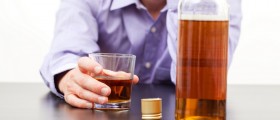

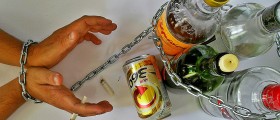
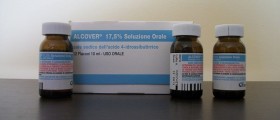
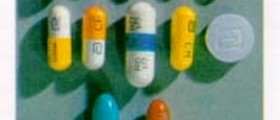


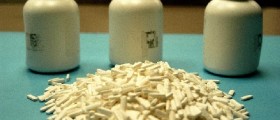
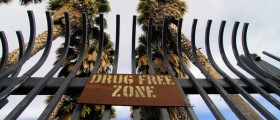






Your thoughts on this
Loading...